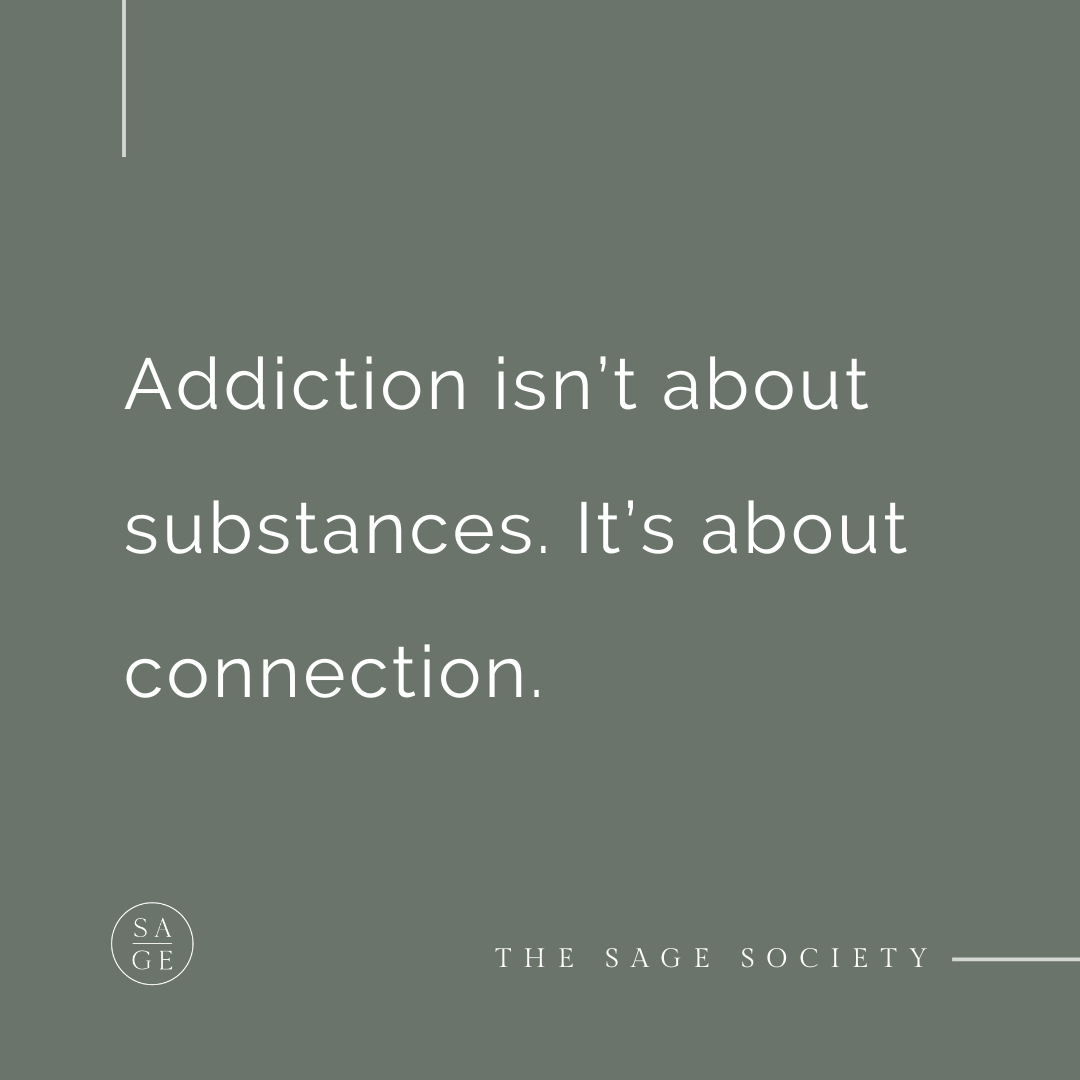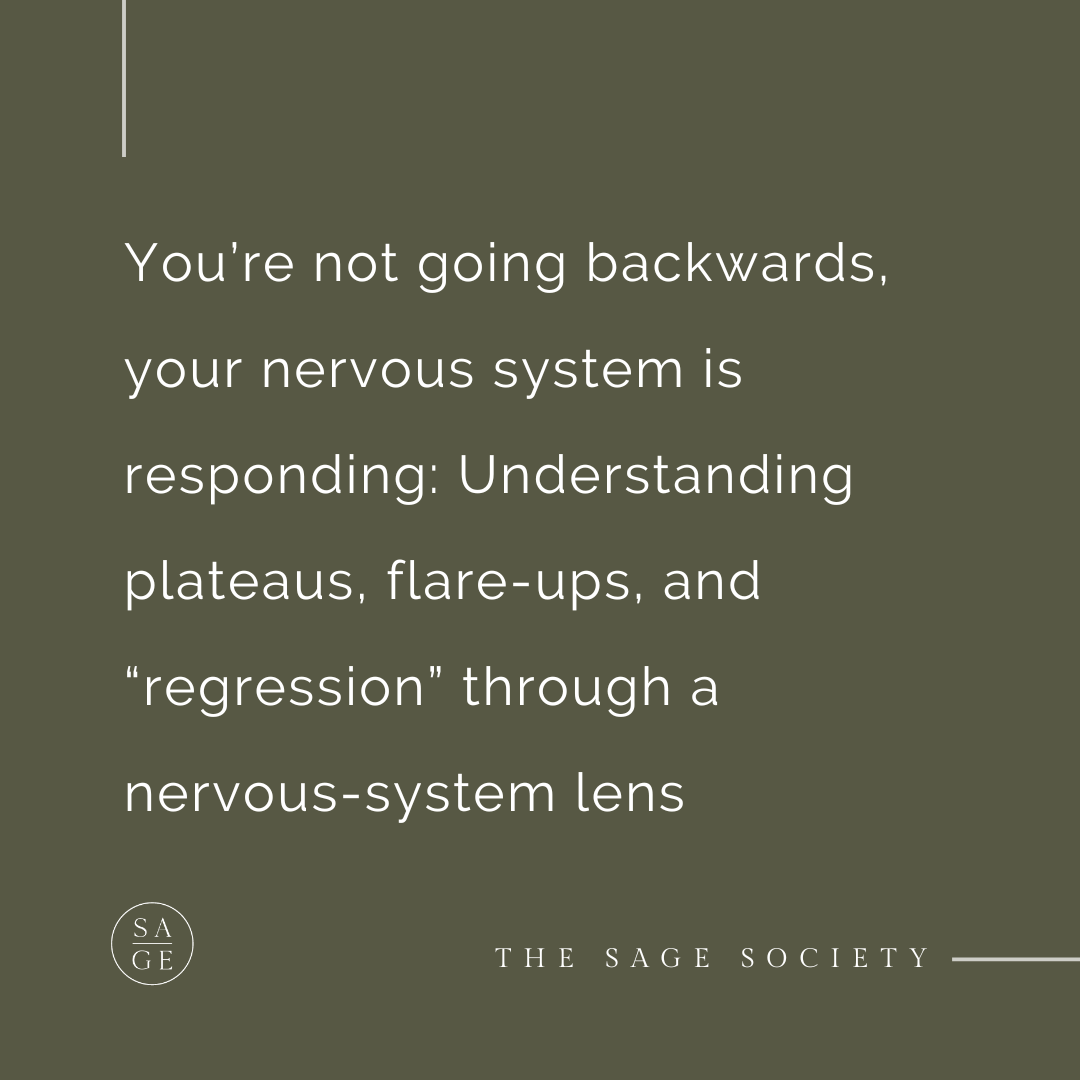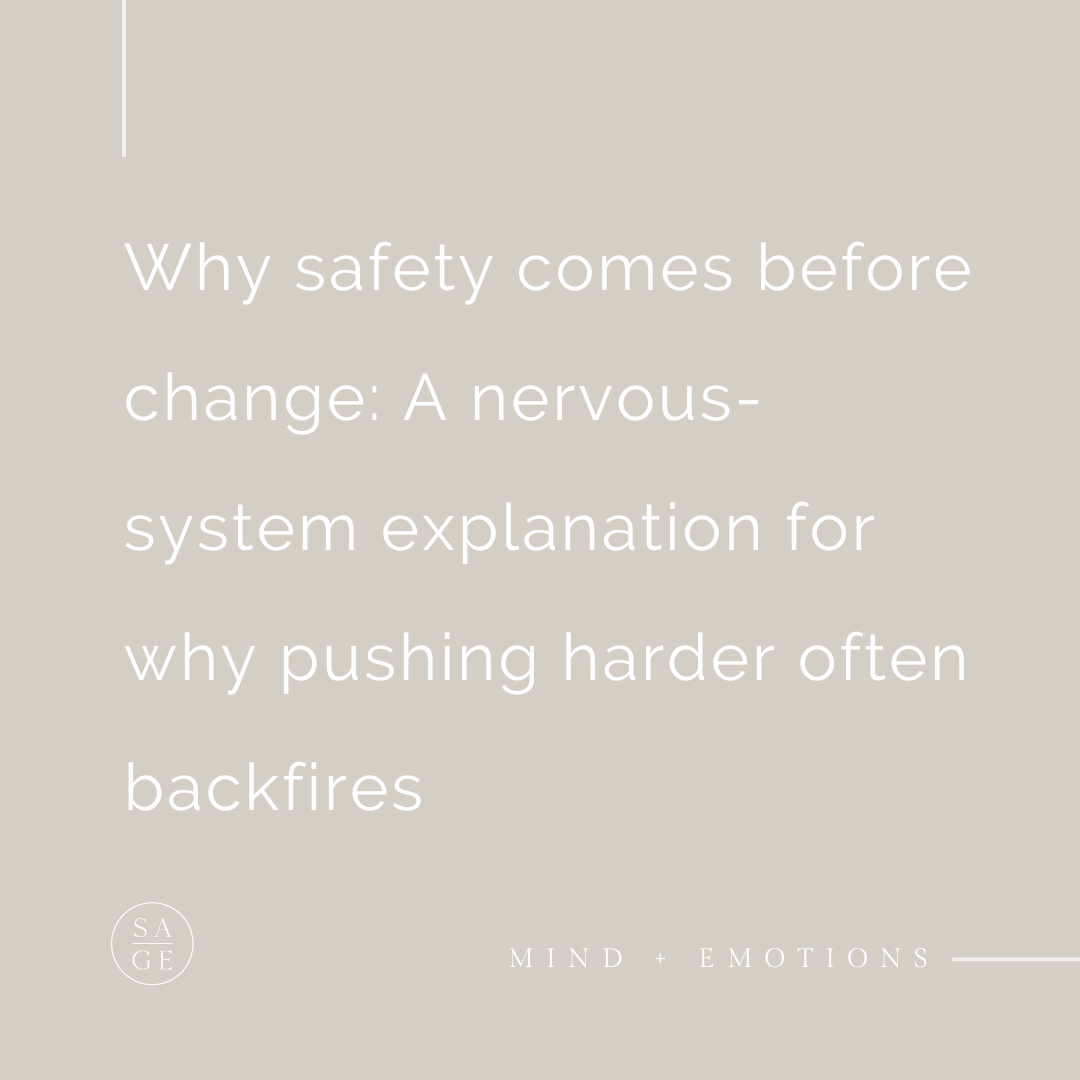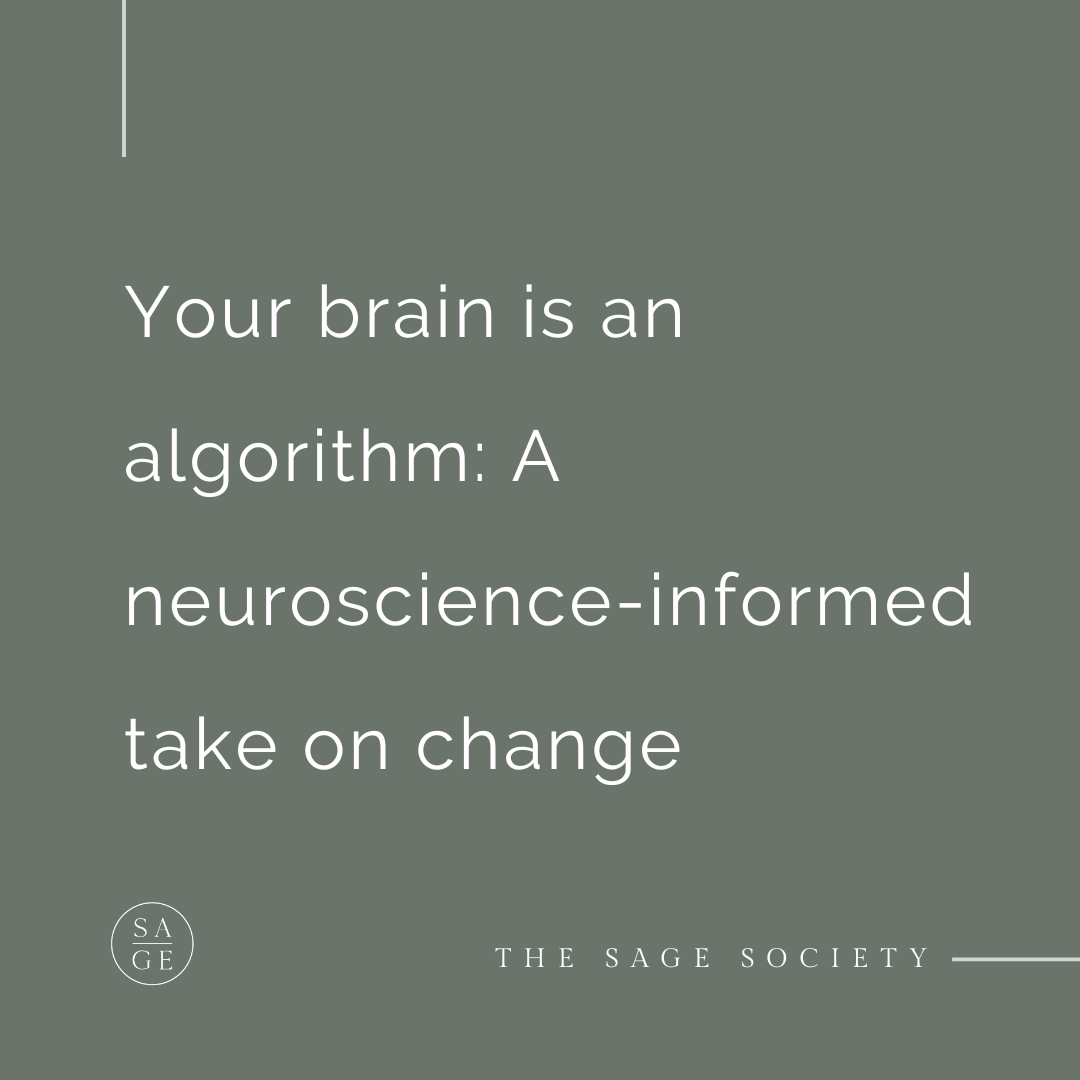Understanding addiction
Addiction is the one disorder I have always struggled to treat. Over my years as a Clinical Psychologist, treating an array of complex presentations, addiction has always given me pause. However, I feel these days that perhaps that has been my own short-sightedness? These days, if someone describes their struggle with addiction, the first question that pops into my mind is, “What happened to you?” Because no one starts out wanting to develop an addiction, but so many fall prey to its far-reaching grasp.
It’s no wonder that the Latin word for the term is “enslaved by” or “bound to”. Those who have struggled with this battle, or anyone who has tried to help someone who is in the grips of addiction, would understand why. Whilst overcoming addiction is possible, it is often a long, complicated and agonizing process. Thus, I thought it might be helpful to understand just what happens to a brain when it is hijacked by addiction.
The hijacking.
We know that addiction has an extremely powerful effect on the brain, and it manifests in three distinct ways:
Craving for the object
Continuing involvement with it despite negative consequences
Loss of control over its use
We also know, thanks to the magic of neuroimaging, that addiction isn’t just isolated to alcohol and drugs, pleasurable activities such as shopping, gambling and sex can corrupt the brain in the same way. And unfortunately, addiction is something millions and millions of people worldwide are struggling with. So why is it that so many of us are struggling with this chronic disorder?
Well, it’s particularly genetics (twin and adoption studies have discovered that between 40-60% of susceptibility to addiction is hereditary), but the real player here is behaviour.
The pleasure principle.
The brain registers all pleasures in the same way, whether that be a sexual encounter, a satisfying meal or a drug and pleasure also has the same signature in the brain. It releases a hit of the neurotransmitter dopamine in the nucleus accumbens. As previously stated, it’s the same brain mechanism for all pleasure but drugs cause a particularly powerful surge of dopamine in this part of the brain - between 2 to 10 times the amount produced by more ‘natural’ rewards. Therefore, the likelihood that this will lead to addiction has a lot to do with the speed, intensity and reliability of that release. We also know that how you administer the drug can also influence the likelihood of addiction. For example, smoking a drug or injecting it intravenously will produce a faster and stronger dopamine hit than swallowing a pill.
A complicating factor is that dopamine not only adds to the experience of pleasure, it plays a part in learning and memory. These added aspects of learning and memory, help transition something from simply something a person likes and enjoys to them becoming addicted to it.
Experts from Harvard explain, "according to the current theory about addiction, dopamine interacts with another neurotransmitter, glutamate, to take over the brain's system of reward-related learning. This system has an important role in sustaining life because it links activities needed for human survival (such as eating and sex) with pleasure and reward. The reward circuit in the brain includes areas involved with motivation and memory as well as with pleasure. Addictive substances and behaviors stimulate the same circuit — and then overload it.”
And then comes tolerance.
As you might already be aware, over time the brain adjusts. It adapts in a way that actually makes the sought-after substance less pleasurable and this is because dopamine has started to have less impact on the brain’s reward centre. In other words, the brain develops a tolerance to the pleasure.
It is at this point that compulsion will take over. The pleasure that has been associated with the addiction decreases but the memory of the pleasure doesn’t. In fact, the need and want to recreate that level of pleasure only persists. More than that, the learning process that I just mentioned also comes into play. Essentially these memories help to create a conditioned response, an intense craving, whenever the individual comes into contact with environmental cues associated with the pleasure.
As you can see addiction is complex and can have far-reaching consequences. If you are someone suffering from addiction, I would urge you to seek professional help. And if you’re someone who is watching another struggle with addiction and you want to help, these are my suggestions for you:
Don’t:
Threaten
Criticize
Expect immediate change
Protect them from the consequences of their own actions (unless it’s harmful to themselves or others)
Do:
Be honest
Respect their privacy
Focus on building trust
Get help yourself
Be involved in your loved one’s treatment
I completely understand, and regularly see in my clinical practice, that trust within addiction is really hard to establish, particularly if the addict has broken yours. However, establishing trust both ways can be a really helpful step in helping the addict to think about change.
Always remember that, a lot of addictive behaviour is a coping mechanism for stress, anxiety and/or mental illness. Many addicts are self-medicating with their addiction and if the dynamic between the two of you is stressful, traumatic or reminds them of past hurts, they may want to engage with the addiction more not less! Finally though, remember that your needs are important too. Be gentle with you as you try to help them.











